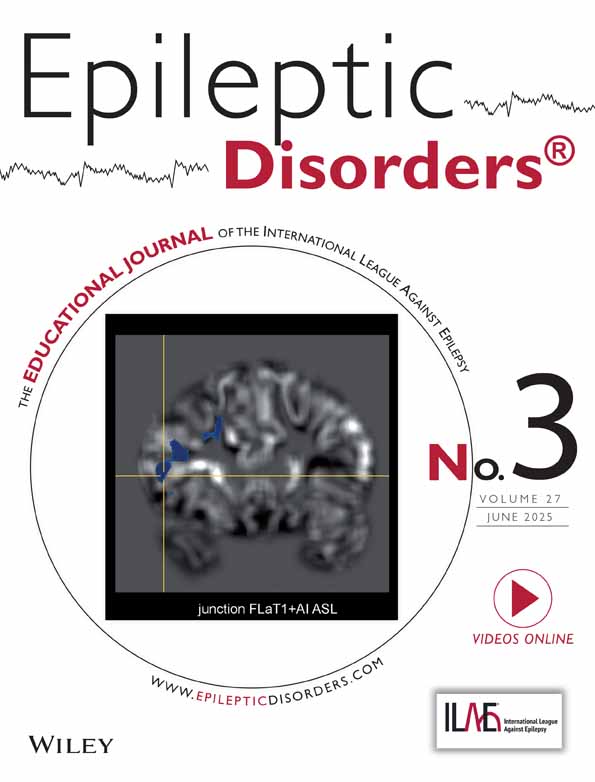Neonatal/infantile-onset genetic epilepsies: The utility of genetic testing for molecular etiology-specific diagnosis concerning therapeutic implications
Abstract
Objective
To evaluate the significance of genetic testing in neonatal- and infantile-onset genetic epilepsies (NIGEP) for enhanced molecular diagnosis with management implications.
Methods
A single-center cohort of 128 patients with NIGEP (aged 0–36 months) from 2010 to 2022 was retrospectively assessed. The diagnostic utility of genetic testing, including next-generation sequencing (NGS) and chromosome-based approaches, was surveyed to determine their impact on antiseizure medication adjustments and precision medicine.
Results
Molecular diagnoses were obtained in 110 patients (85.9%) using NGS and in 18 (14.1%) using chromosome-based tests, identifying pathogenic genetic variants. The most frequently identified genetic variants were SCN1A (12.2%), TSC1–2 (12.2%), ALDH7A1 (10.2%), CDKL5 (10.2%), KCNQ2 (10%), and STXBP1 (6.1%) in the neonatal- and early infantile-onset group (0–3 months); SCN1A (25.3%), TSC1–2 (11.3%), UBE3A (10.1%), and STXBP1 (3.7%) in the late infantile-onset group (>3 months). A molecular-etiopathogenetic categorization was based on the genes encoding ion channels and transporters (n = 40, 31.2%), proteins with cell functions (n = 42, 32.8%), proteins and enzymes in metabolic pathways (n = 36, 28.2%), and an undefined group (n = 10, 7.8%). The molecular-genetic diagnostic provided a potential treatment yield of 61.7% (79/128) for targeted therapy with antiseizure modification/precision therapy. The targeted therapy group demonstrated lower rates of drug-resistant epilepsy (46.7%) and developmental and epileptic encephalopathy (82.3%).
Significance
The current study emphasizes the value of genetic testing in enabling the management of targeted therapies in the context of antiseizure medication modifications or precision therapy implications in the presented NIGEP cohort, contributing to more favorable outcomes.
CONFLICT OF INTEREST STATEMENT
The authors have no conflicts of interest to disclose that are relevant to this article.
Open Research
DATA AVAILABILITY STATEMENT
The data that support the findings of this study are available on request from the corresponding author. The data are not publicly available due to privacy or ethical restrictions.




